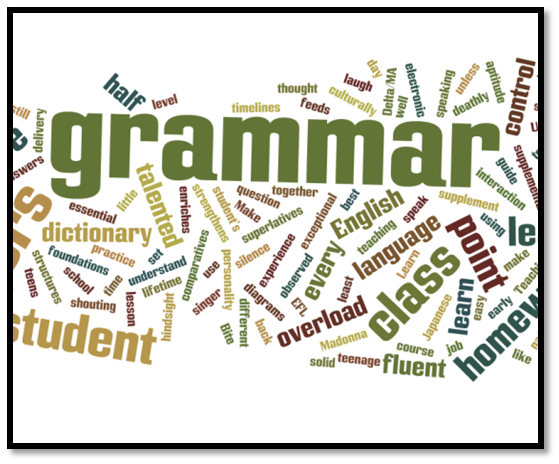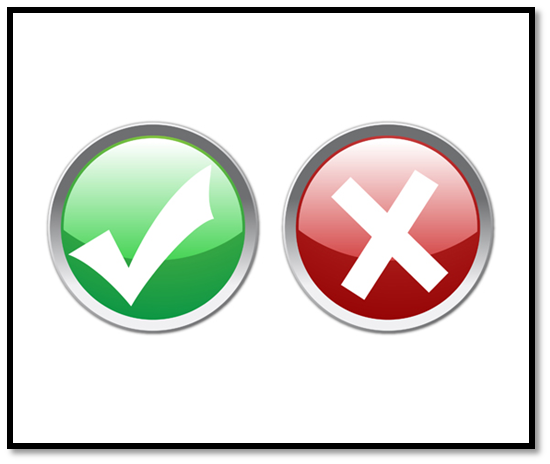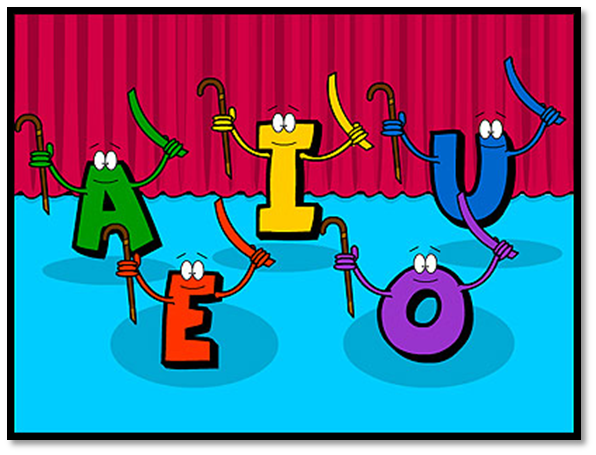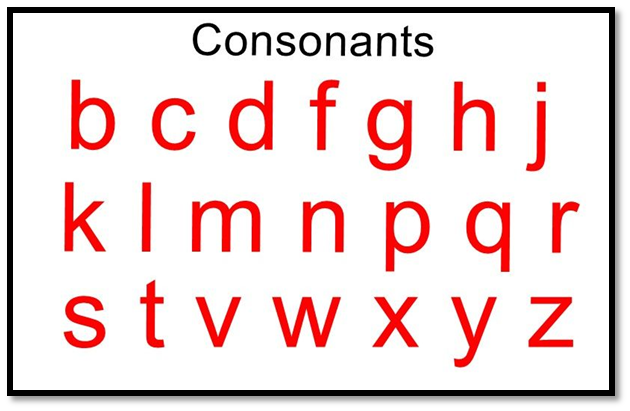Common ‘Singular-Plural’ Mistakes – Part I
One of the most common mistakes in the English language is in relation to the singular/ plural agreement. Yes, of course the 'singular and plural' bit of grammar does get a little confusing at times. However, it is up to you to learn, understand and adopt the right way of communicating and writing in the English language. This article will focus on teaching you the same and clearing your doubts when using singular or plural in English. As a fact in English, there are exceptions to this rule as well and it does get puzzling, nevertheless, the most favorable route to attaining flawlessness in the singular and plural arena is by learning through examples.

Singular= A word referring to one object.
Plural= A word referring to more than one object.
The below mentioned examples should give you a good indication of how singular and plural should be used.

Here are the top 10 most common 'singular-plural' errors:
1. Are
Correct: There are numerous issues with the system.
Wrong: There is numerous issues with the system.
2. This
Correct: This is a critical error you've made.
Wrong: These is a critical error you've made.
3. Many of
Correct: Many of the times I have ignored his disgusting behavior.
Wrong: One of the times I have ignored his disgusting behavior.
4. Children
Correct: I have two great children.
Wrong: I have two great childs.
5. People
Correct: At first people get a wrong idea about my personality.
Wrong: At first peoples get a wrong idea about my personality.
6. Number
Correct: The number of times he has repeated the same statement is funny.
Wrong: The numbers of times he has repeated the same statement is funny.
7. Does
Correct: That does not mean that she's lying.
Wrong: That do not mean that she's lying.
8. Hair
Correct: Lately, my hair has begun to fall enormously.
Wrong: Lately, my hairs has begun to fall enormously.
9. Software
Correct: Rajat is a master in Linux and Windows software.
Wrong: Rajat is a master in Linux and Window softwares.
10. Life
Correct: That tornado affected so many lives.
Wrong: That tornado affected so many lifes.
Singulars and plurals are interchangeable depending upon the tense, the amount and the context of the statement. However, are you aware about the fact that some singulars are the same even in their plural version?
For instance:
SINGULAR PLURAL
1. Deer Deer
2. Fish Fish
3. Sheep Sheep
Similarly, some plurals remain the same in their singular form.
For instance:
SINGULAR PLURAL
1. Pajamas Pajamas
2. Spectacles Spectacles
3. Scissors Scissors

It does take a while before you gain confidence in speaking in fluent English. However, once you've managed to master the basic ground rules, it will definitely benefit you in the long run. You yourself will notice a significant change in your English communication skills as well as your written English for that matter. So, keep aside all your inhibitions of the English language and embrace this beautiful language with a sense of acquiring and learning more each passing day. In addition, if you wish to leave no stone unturned in your journey of learning English, you could enroll in an English-speaking course online. Doing so will help you cover all the minute details involved in English grammar, which will benefit you in your professional as well as personal life.
We shall discuss more on this topic in our next part. Stay tuned!
About eAgeTutor:
eAgeTutor.com is a premier online English learning institute. eAge's world class faculty and ace communication experts, from around the globe, help you to improve in an all-round manner. Assignments and tasks based on a well-researched content developed by subject matter and industry experts can certainly fetch the most desired results for improving spoken English skills. In this age of effective and advance communication technology, online spoken English programs are the most effective and convenient way to learn English.
For further information on our online English speaking courses or to experience the wonders of the virtual classroom, fix a demonstration session with our tutor.
- By Monika Agarwal
Related Topics:
1. Why Online Tutoring is Easy and Beneficial?
2. Who or Whom: Learn the Right Usage with Examples
3. What are words with similar meaning /opposite meaning to another word known as?
4. What are words that confuse you known as?
5. What are vowels and Consonants?
When to use the articles - a, an, the?
Let's begin this informative article by understanding what is an article in English? An article is usually considered a type of adjective. How? Well, just like an adjective modifies the noun, so does an article. The English language has two types of articles: 'the' and 'a'/ 'an'.

We call:
'the'= definite article
'a'/ 'an'= indefinite one.
Read on to understand the reason and get more familiar with articles.
English grammar needs practice and understanding to begin with. It is something that needs to be well-understood and mastered. For instance like in the case of articles. Many English students, more than often, make mistakes with articles such as 'a', 'an' and 'the'. You should be aware of a fact that the basic rule for using 'a', 'an' and 'the' does not depend upon the spelling of the word it is placed before; instead it depends on the pronunciation of the word.
Definite article 'the':
The definite article 'the' is made use of before singular and plural nouns when the noun is particular and specific.
For instance:
1. "The field was full of creepy insects that caught my attention on reaching there."
In this case, it is clear and evident that we're referring to and talking about a particular field and not a generic use of the noun. Hence, the prefix 'the'.
2. "It was the peacock at the zoo that held my attention throughout."
Here again 'the' is being used for a specific zoo and a particular peacock.
Indefinite article 'a'/ 'an':
The use of articles 'a' and 'an' mean the noun that they're supporting is indefinite. This means that it is referring to one among the group.
For instance:
1. "It was New Year's Eve and I really wanted to eat a warm pie."
Take note of the fact that a particular pie is not being spoken about.
2. "Can somebody please call a security guard?"
This means that you need any security guard from the lot irrespective of who or someone in particular.
3. "While I was on a walk, my mom scrambled me an egg for breakfast."
'An' egg refers to one egg from the dozen of eggs in the refrigerator. It does not specify anything in particular.
4. "My wish is to ride an elephant at the age of 75."
Here you could be referring to any elephant in general.
Understanding the use of 'a', 'an' and 'the':
In most cases, the article 'an' is used before words that begin with vowels. (a, e, i, o, u)
Use of 'an':
1. An apple
2. An elephant
3. An oven
4. An umbrella
5. An igloo

Use of 'a':
If a word starts with a consonant sound, use a.
1. A cat
2. A wish
3. A needle
4. A cart
5. A twig

Use of 'the':
We use 'the' to refer to nouns that have already been mentioned or when it is understandable what particular thing is being referred to. Therefore 'the' refers to things which are definite, specific or unique.
1. The World Bank
2. The Police
3. The security
4. The Russians
5. The movement
The above mentioned explanation is a quick run through on the appropriate use of articles. Sharpening your know-how about articles will enable you to speak in fluent English without making minute grammatical errors. Keeping your English communication skills at its polished best will develop an inner confidence in you. So, waste no more of your precious time and learn English Grammar through the online spoken English courses provided by eAgeTutor.
About eAgeTutor:
eAgeTutor.com is a premier online English learning institute. eAge's world class faculty and ace communication experts, from around the globe, help you to improve in an all-round manner. Assignments and tasks based on a well-researched content developed by subject matter and industry experts can certainly fetch the most desired results for improving spoken English skills. In this age of effective and advance communication technology, online spoken English programs are the most effective and convenient way to learn English.
For further information on our online English speaking courses or to experience the wonders of the virtual classroom, fix a demonstration session with our tutor.
- By Monika Agarwal
Related Topics:
1. How to Learn English Real Fast?
2. Why English is Considered an International Language?
3. Who or Whom: Learn the Right Usage with Examples
4. Why do We Need to Learn English?
5. What are words with similar meaning /opposite meaning to another word known as?




